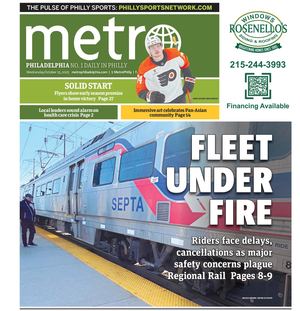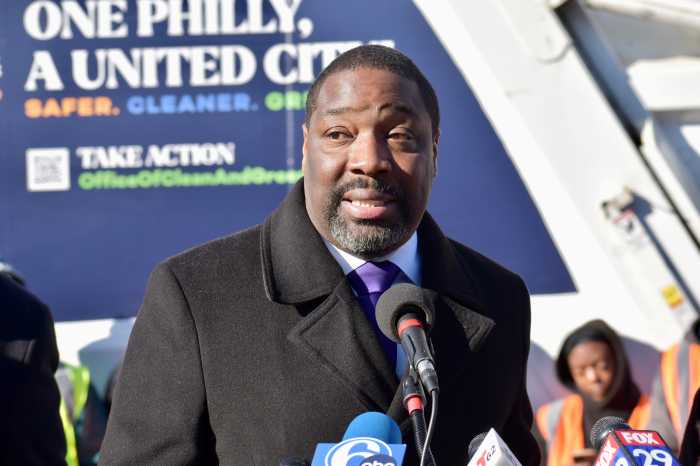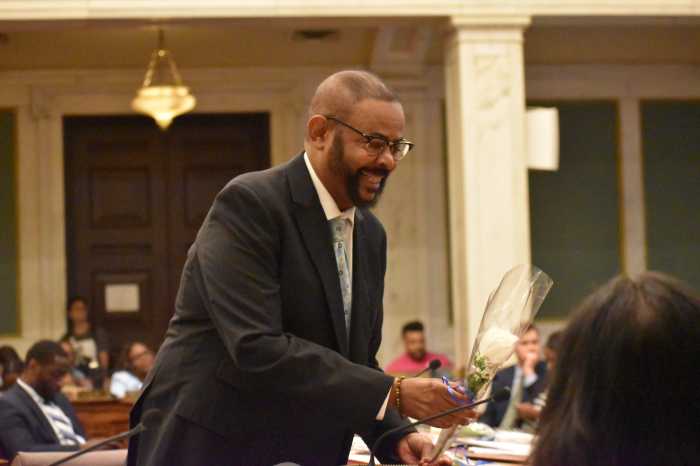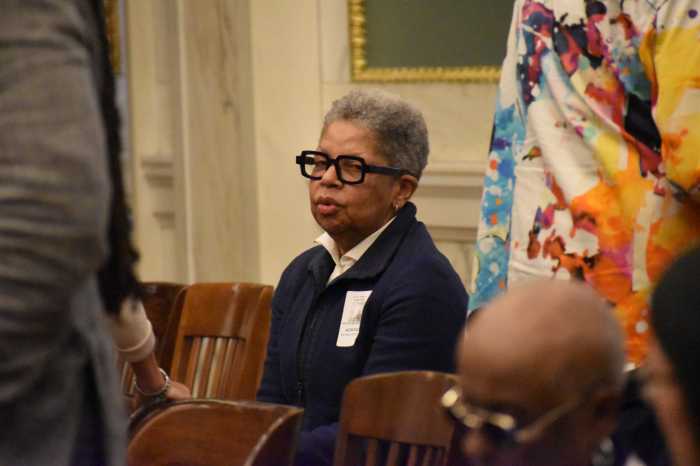City Council President Kenyatta Johnson said Wednesday that SEPTA’s doomsday plan would not go forward “under my watch.”
“I’m pretty confident… that we will save SEPTA,” he stated during a budget hearing. “I think 2026 will come; I believe we will be in a good place. You have to speak it into existence.”
Members of Council expressed support for the authority amid its fiscal crisis, though a few took issue with some of the ways the authority has allocated its resources in recent years.
Scott Sauer, SEPTA’s interim general manager, and his team testified before lawmakers less than a week after announcing their intention to institute a 45% service cut and 21.5% fare increase to address the authority’s $213 million budget deficit.
Absent additional funding from Harrisburg, SEPTA will stop running 50 bus routes, suspend five Regional Rail lines and implement a 9 p.m. curfew for all subway, trolley and train service, officials have said.
The base fare will rise to $2.90 for bus, trolley and subway rides, among the most expensive prices in North America, Sauer told the legislative body.
Gov. Josh Shapiro included a provision in his proposed spending plan that would send about $168 million to the authority, averting the planned cuts. However, previous attempts to boost transit funding have stalled in the GOP-led Pennsylvania Senate.
Johnson, a former state representative, encouraged Sauer to bring the upper chamber’s majority leader, Sen. Joe Pittman, to Philadelphia to tour the transit system and discuss its importance.
“I recommend, definitely, you and your team need to go to Harrisburg ASAP – yourself, not a consultant, not the chamber,” Johnson said. “You should lead that charge and show how critical SEPTA is to the region.”
Sauer replied that he wants to meet with Pittman. He said he has made three recent trips to the state capitol, with another three planned in the coming weeks.
“I have been front and center to anyone who will listen to me, in Harrisburg and elsewhere,” Sauer told Council.
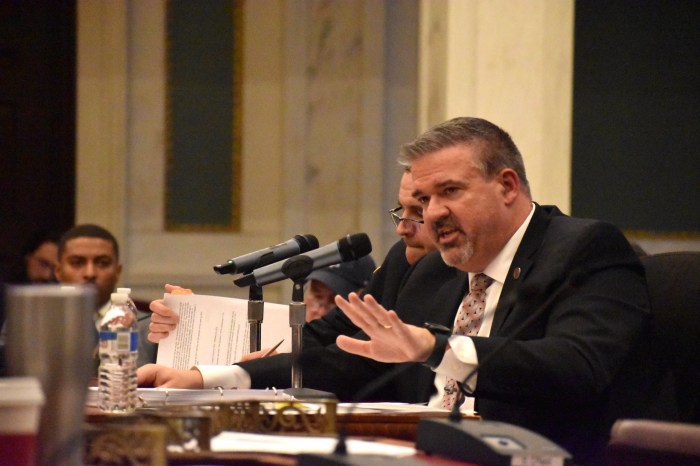
Pittman, in an April 10 statement, said SEPTA should come forward with “more modest requests” and that the burden for funding the transit system “should not be placed entirely on Pennsylvania taxpayers.”
Wednesday’s Council meeting was part of a series of hearings held in recent weeks as part of the municipal budget process. Mayor Cherelle Parker’s spending plan incorporates $135 million in operating support for SEPTA, up $2 million from the current year.
Contributions also come from the suburban counties, though Philadelphia’s allotment is more than 80% of the total local money.
SEPTA’s municipal funding share lags behind many other major cities. Deputy Managing Director Michael Carroll, who sits on the authority’s board, said that’s because the state has not permitted the city to explore other revenue-generating measures, such as dedicated taxes.
City Hall is required to match a percentage of state funding for SEPTA, and Parker has committed to doing so based on Shapiro’s plan, regardless of whether it passes through the legislature.
Discussion during the hearing turned to SEPTA’s decision late last year to lease five unused Regional Rail station buildings in Chestnut Hill, Mount Airy and Germantown. The 99-year deal permits private development in exchange for $1 annually.
“This is some of the most valuable real estate in the city of Philadelphia, and you gave it away for a dollar,” said Councilmember Cindy Bass, whose district includes the stops. “Call it what it is, it’s a hookup.”
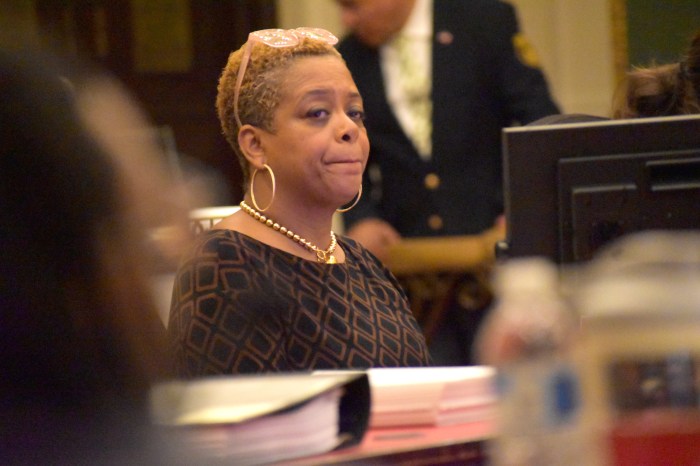
Sauer said the contract allows the authority to save $150,000 in maintenance costs and that the developer has committed to spending millions rehabilitating the structures. Bass and others questioned whether SEPTA could have generated more money from the deal.
Council also did not waste an opportunity to talk about the Bus Revolution – SEPTA’s bus network redesign that dates back years and has drawn criticism from lawmakers.
The initiative is currently on pause; Sauer said SEPTA does not want to move forward now, given the possibility of drastic service reductions. If a funding solution emerges, the authority may begin implementation as early as February 2026.
Routes have been mostly finalized, and the transit system has spent $3.6 million so far on the design and engagement process.
“I don’t think it’s the best use of resources,” Bass remarked.
